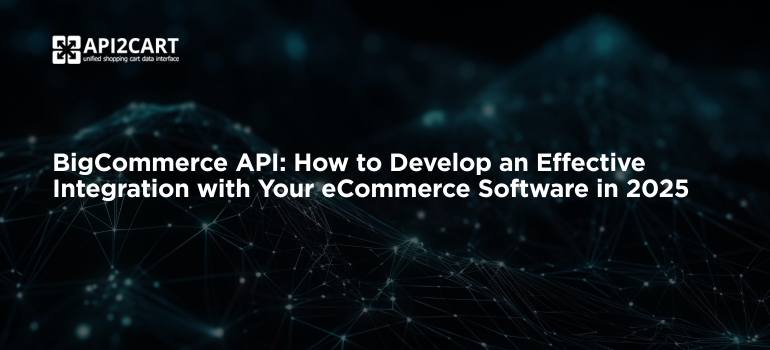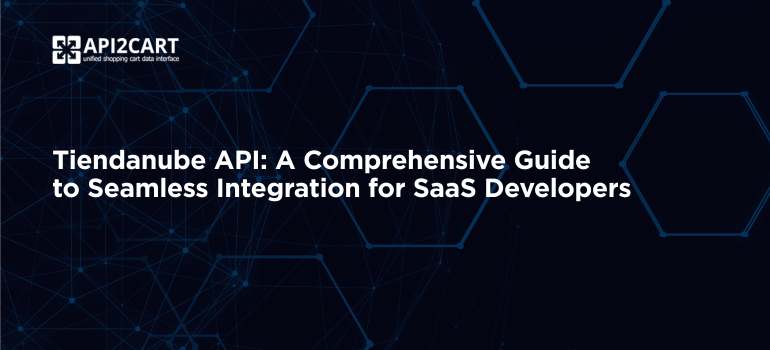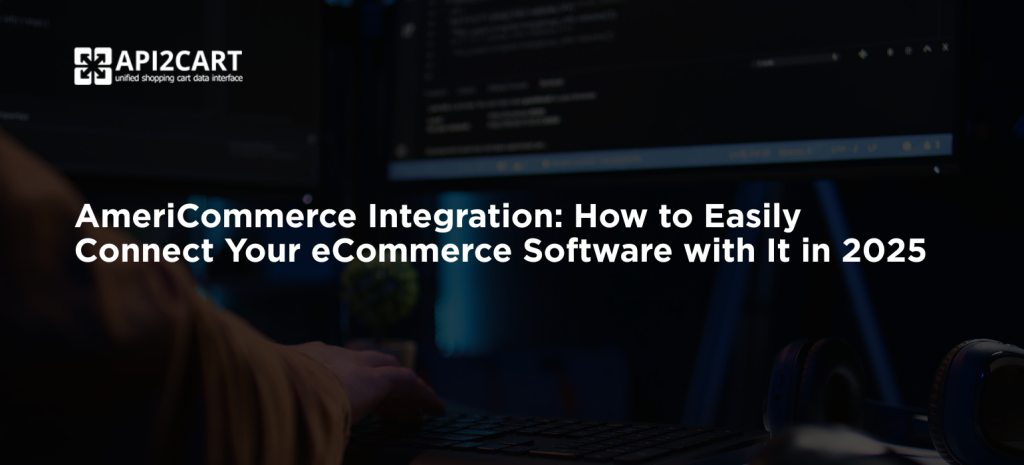
We are living in the age of enterprise cloud-based products that are creating the building blocks for the future of internet-based software. Years ago, high-tech businesses kept their doors closed and hid the proprietary code. Each company ran their software on their own systems and never shared anything with the public. Running a business in a closed world was not only expensive, but it also hindered an obstacle to innovation. Today, software providers do open and cooperative business where SaaS is one of the primary software distribution models.
SaaS lets enterprises plug in and subscribe to services built on shared infrastructure via the Internet. The secret of the popularity of this cloud computing service model is simple -- it is beneficial for businesses of all types and sizes. According to the technology research conducted by “Gartner”, it will continue to rise and get a 20% compound annual growth rate through 2017.
SaaS vendors need to make sure that there is a demand for such a solution. To win competition, you must ensure irreplaceable in the value chain of interrelated business apps. Application programming interfaces (APIs) are what they need.
What is the Role of APIs for SaaS?
In recent years, businesses have changed their direction and focused on digital transformation. According to these APIs and the possibilities they enable are in the demand as never before. An API helps SaaS applications connect with other applications and is the primary method of how most SaaS applications retrieve and update data.
There are many reasons why SaaS vendors should offer APIs and why their consumers want them. APIs are crucial to enable channel partners and integrators to connect a set of apps and meet the specific needs of their customers. As APIs facilitate the work of channel partners, they also cut the cost of acquiring new customers for SaaS providers. APIs ensure the ability for clients to export the data in case want to change the provider.
The SaaS that offers applications that have powerful APIs as their underpinnings has advantages among others. It enables users to interact with these applications through the UI, while at the same time, other apps can communicate with the underlying one through the API.
One More Noteworthy Advantage of APIs
Another great opportunity that APIs open for SaaS vendors is integration with other SaaS providers. This way, they can expand their functionality range and offer new features for customers that automatically increase their target audience and a number of potential clients.Why eCommerce API Integration is Important for B2B SaaS Vendors?
- integration with shopping platforms like Shopify, Magento, WooCommerce, BigCommerce, PrestaShop, Opencart, etc can significantly increase customer base as thousands of retailers base their stores on them;
- eCommerce API integration with shopping platforms allows SaaS solutions to retrieve and manage all the information connected with orders, customers, products, shipments, baskets, categories, taxes easily;
- connection with various shopping platforms can help to adopt new functionality;
- increase in profits. It is easy, more customers mean more money for B2B SaaS business.
What are API Integration Pitfalls?
For B2B SaaS services, integration with various shopping platforms and marketplaces is crucial to access users' data assets. So, suppose you provide an inventory and order management solution, data feed, dropshipping, mobile app builder, or other services. In that case, your target audience is the e-Commerce merchants who sell various goods.
The main problem that occurs is performing integration with their stores on different shopping platforms.
API integrations are not easy to do, especially if there are many on the list. Each shopping platform is built differently, so establishing a connection with each of them means having to deal with different challenges every time a new integration module is developed. Moreover, well-done integration requires related technical expertise. Separate integrations may mean having to hire different programmers to be done. This process will take a lot of time and will most likely cost you a pretty penny. And this is only the beginning of the story. The most time-consuming part is the maintenance of the integration module. New versions of shopping carts arrive, and this implies there will always be some development work to do.
Unified API as a Solution to Integration with Multiple eCommerce Platforms
Save the time, money, and efforts on developing various integration methods as API2Cart provides single API to integrate with 60+ shopping platforms.
- extended functionality (get access to the database of oodles of eCommerce platforms and can retrieve products, categories, clients, order, etc. to synchronize the information within your system)
- new business opportunities (due to the ability to apply the changes to extend your services)
- a wider circle of customers (users of the 60+ shopping platforms become your potential clients)
- vast expenses and time loss prevented (no need to hire a developer to work on an integration module and then keep paying him to maintain and update it when a new version comes out)
The service provides 100+ API methods and detailed documentation with code samples, an ability to try API responses out, and A-Z explanations.
API2Cart offers qualified product support to meet all your needs and demands. Also, it’s feasible to broaden functionality on your request. Developer experience is crucial for us, thus we offer both static and interactive documentations to provide a seamless experience.
To ensure data interaction security we use SSL certificate and also a 32-symbol API key is offered to access the system. Once integration with API2Cart is established, you will receive access to all supported platforms with no extra efforts and payments.
Conclusion
APIs are the glue of cloud computing. They help SaaS businesses to implement new channels and empower existing and new partnerships, drive innovation, reach customers, and grow new revenue opportunities.
In case, you are running a SaaS, integration is just necessary for the development. API2Cart allows your software to connect with more than 40 shopping platforms. Contact our representative or try how it will work for your B2B solution.



